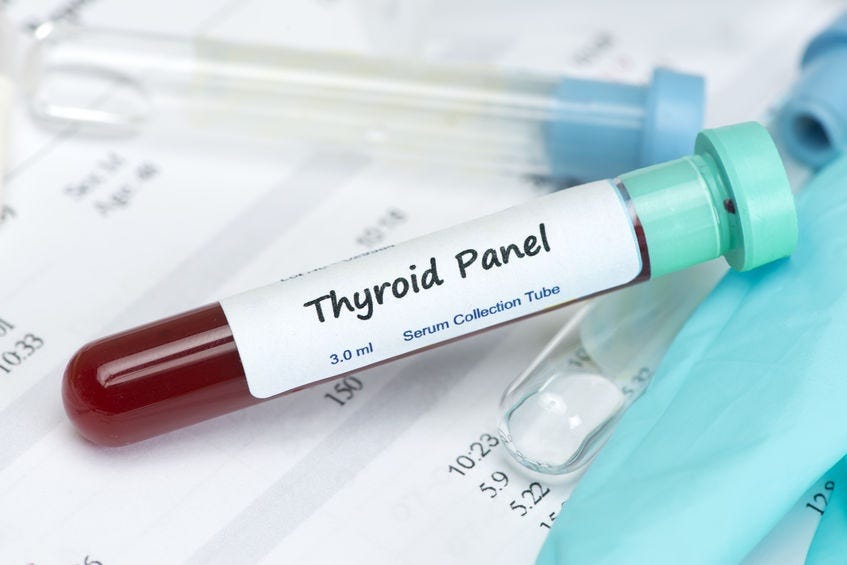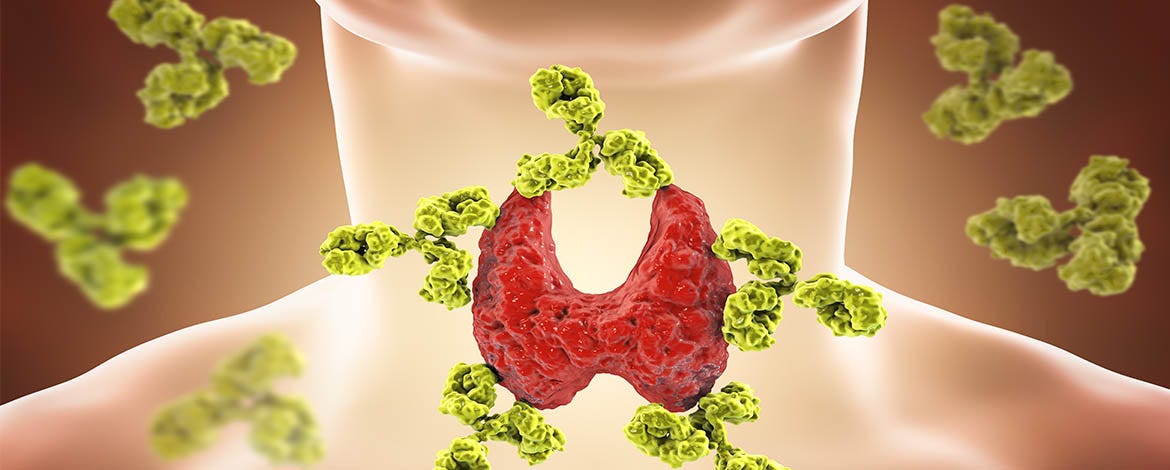Hypothyroidism occurs if too little thyroid hormone is released by your thyroid, which is a gland located in your neck. Without enough of this hormone, your body’s processes slow down.
This may not be obvious to you at first, but symptoms become more evident over time as your body is continually being deprived of the hormone.

So, how do you know when you have hypothyroidism? Since this condition is caused by too little thyroid hormone, the level of this hormone in the blood is measured. It is crucial then that when you suspect that you have hypothyroidism, tests should be done to confirm it.
To find out whether you are truly deficient in thyroid hormone, your doctor will conduct a thorough physical exam and order a series of blood tests.
The following hypothyroidism tests are commonly used:
1. TSH (Thyroid Stimulating Hormone) Test
Your blood is tested to measure the level of the TSH. This is considered the best screening hypothyroidism test. Hypothyroidism is suspected if your TSH level is high and this is confirmed when compared with the level of the thyroid hormones (T3 and T4). If you have a high TSH and low T3 or T4 levels, then you probably have hypothyroidism.
2. T3 and T4 Tests
T3 and T4 are thyroid hormones, hypo means little so with hypothyroidism, thyroid hormones are low. But, how do you measure this? You already know that your blood contains T4 hormones.
But all of the T4 content in your blood will not be available for proper use for your cells. A good percentage of T4 content in your blood is attached to a protein called “thyroxine-binding globulin”. Only 1–2% of T4 in your blood is unattached and is available to the cells.
These blood tests measure the amount of free T4 and analyze the free T4 index, to find out how much unattached T4 hormone is available in your blood to get into cells.
3. RAIU (Radioactive Iodine Uptake)
With this hypothyroidism test, you are given an iodine tracer dose. Afterward, the amount of iodine absorbed is measured. If it’s too low, then it can mean the presence of hypothyroidism; if it’s too high, then it can indicate the presence of hyperthyroidism.
Hashimoto’s thyroiditis causes approximately 90% of all hypothyroidism cases. This type of hypothyroidism is caused by antibodies produced by your body to attack your own thyroid gland making it under-active.
5. Physical examination
Your doctor will perform a physical examination to check for signs and symptoms of hypothyroidism including a hands-on check with your thyroid gland to see if it’s enlarged.
Test for basal body temperature is also done wherein a lower-than-normal temperature for three consecutive days may point to the presence of hypothyroidism.
However, these symptoms may not be considered as concrete proof for the presence of hypothyroidism.
Studies suggest that approximately 13 million people in America alone are undiagnosed. Hypothyroidism tests are routine and easy to be done so these tests should be administered as early as possible so proper diagnosis and treatment can be done.
Also Pay Close Attention To This:
The Hypothyroidism LIE — It’s not a Permanent Disease
Some years ago when I was originally diagnosed with hypothyroidism my doctor told me that there was no cure for the disease. He told me I would have to take drugs to control it for the rest of my life.
Because it turns out there’s a root cause for hypothyroidism.

And now there’s a cure for that root cause — a cure that’s been enjoyed by thousands of people around the world.
I’m one of them. You can be one of them too.
No more fatigue, no more depression, no more aching limbs, skin blemishes… and no more meds or visits to the doctor.
Read about this hypothyroidism solution here — you’ll be so glad you did…

